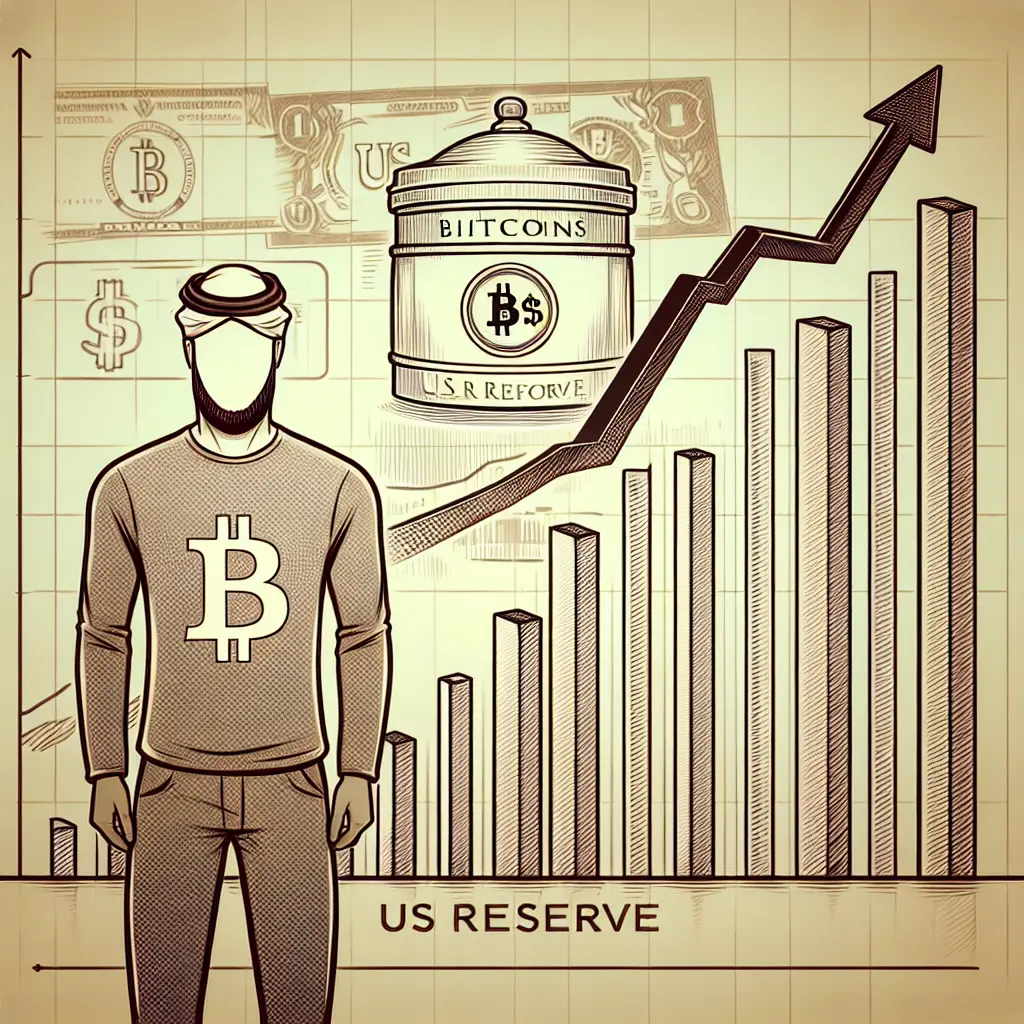Understanding the complex psychology behind Bitcoin investing is pivotal to navigating the often turbulent waters of the cryptocurrency market. This analysis delves into the various psychological factors that influence Bitcoin investment decisions, incorporating recent events and trends that highlight the emotional and cognitive dimensions of cryptocurrency investment behavior.
Investing in Bitcoin is not just a financial decision; it's a psychological journey. The psychology of Bitcoin investing starts with understanding investor sentiment, which can be significantly influenced by market news and developments. For instance, the recent news that Craig Wright faces a perjury investigation over claims he created Bitcoin plays into the broader narrative of trust and authenticity in the Bitcoin space, affecting investor sentiment and decision-making.
Emotional investing in Bitcoin is often driven by the dual forces of fear and greed, which are prevalent in the cryptocurrency market. When Bitcoin's price slumps below $59,000 amid market uncertainty, fear can lead to panic selling. Conversely, when Bitcoin surges past $68,000 amid continued ETF inflows, greed can drive irrational buying, pushing prices even higher. Understanding these emotional triggers is crucial for investors aiming to make rational, informed decisions.
The field of behavioral finance offers valuable insights into how psychological factors influence financial decision-making. Cognitive biases play a significant role in Bitcoin investment decisions. For example, confirmation bias might lead an investor to seek out only information that supports their positive beliefs about Bitcoin, ignoring potential warning signs.
Risk perception is another critical aspect of cryptocurrency investment behavior. Recent events such as Mt. Gox's decision to repay investors in Bitcoin and Bitcoin Cash highlight the risks associated with security and regulatory compliance in the crypto space. Investors must constantly assess the risk-return trade-off, which can be skewed by their personal experiences and the sensational nature of crypto news.
The Impact of Recent News on Bitcoin Market Psychology
Recent developments have had a mixed impact on Bitcoin market psychology. For instance, the news about a tiny Texas village planning to annex a gigantic Bitcoin mine underscores the growing integration of cryptocurrency into mainstream economic structures, potentially boosting investor confidence. On the other hand, the ongoing uncertainty about Silicon Valley's political alignments could create apprehensions about tech investments, including cryptocurrencies like Bitcoin.
Investor sentiment in the Bitcoin market is also shaped by broader economic and political events. The announcement that Donald Trump will speak at Bitcoin 2024 could influence investor expectations and market sentiment, given his substantial political influence.
Cognitive biases such as the bandwagon effect or loss aversion significantly impact Bitcoin trading psychology. The bandwagon effect might cause investors to buy Bitcoin simply because others are doing so, while loss aversion can lead investors to hold onto declining assets too long, hoping to recover losses.
A psychological analysis of Bitcoin-related events like the movements of nearly $2.7 billion in Bitcoin by Mt. Gox signals anticipated payouts, which can trigger a range of investor responses from optimism to anxiety, impacting market behavior and investment strategies.
Long-term Psychological Factors in Bitcoin Investing
Long-term investment in Bitcoin is influenced by psychological endurance and the ability to withstand high volatility. The ongoing German government's transfers of Bitcoin to exchanges demonstrate the macroeconomic factors at play, requiring investors to maintain a steady psychological approach amidst potentially destabilizing news.
The psychology behind Bitcoin investing is intricate and multifaceted. From understanding emotional triggers like fear and greed to navigating cognitive biases and assessing risk perception, investors are constantly challenged to maintain psychological resilience. The recent news events ranging from legal controversies to significant market movements play into these psychological dynamics, shaping investor behavior and market outcomes.
Navigating this landscape requires not only financial acumen but also a deep understanding of human behavior and market psychology. By staying informed and aware of these psychological underpinnings, investors can better position themselves to make thoughtful and strategic investment decisions in the volatile world of Bitcoin.










Leave a Comment